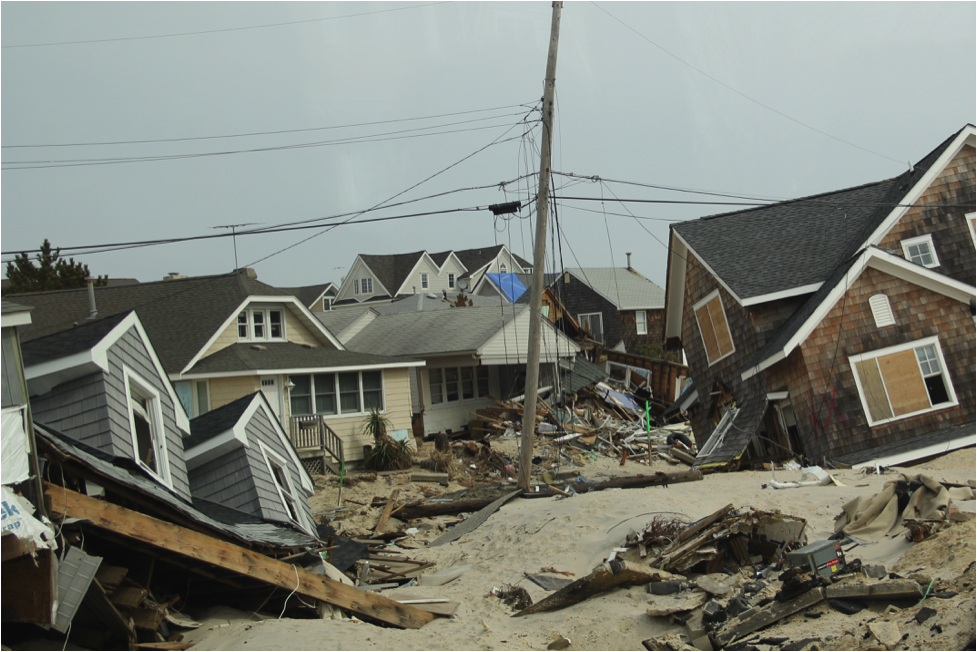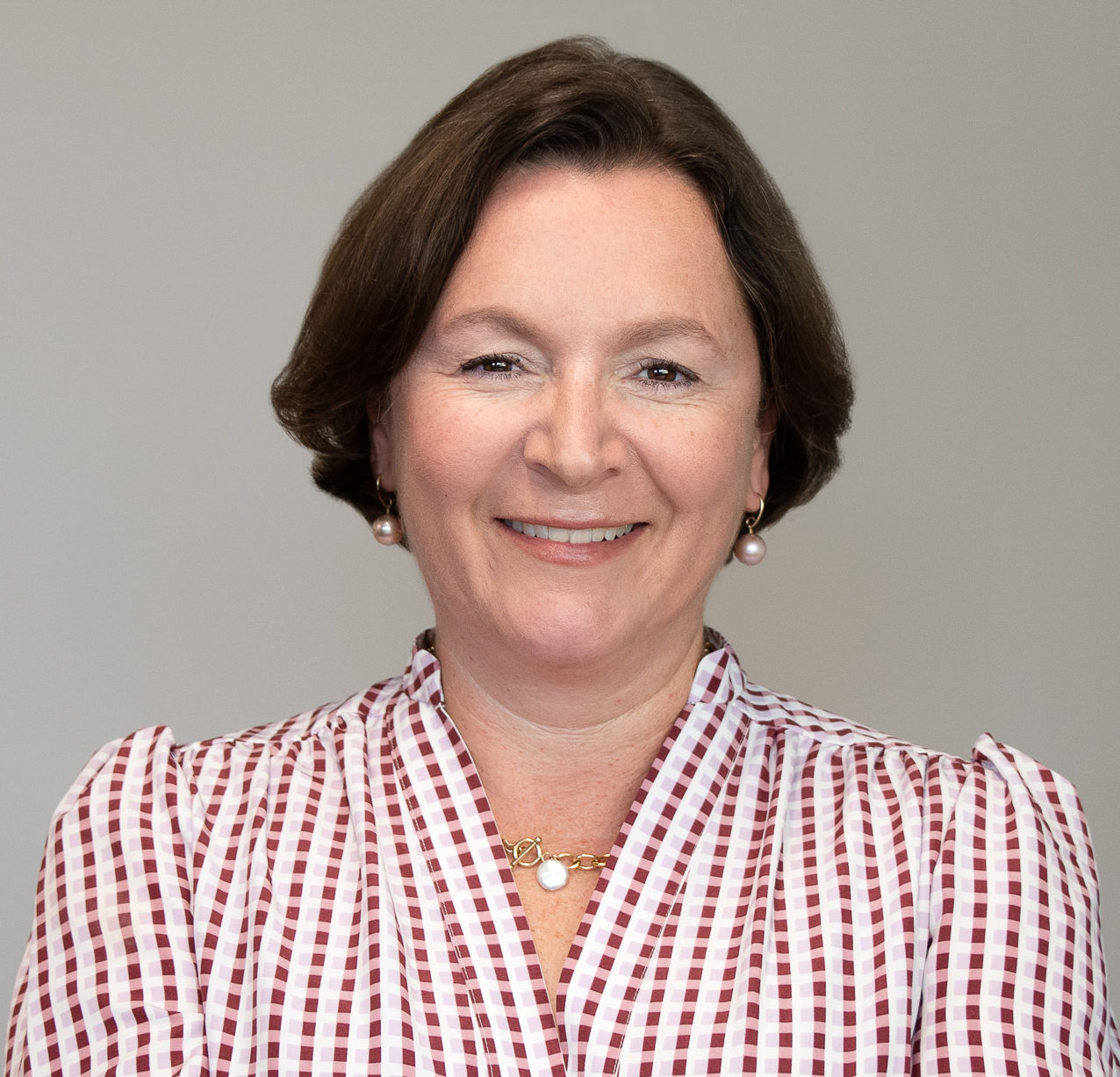Trip Northeast Reveals Unanswered Questions, Key Lessons
I had the pleasure of spending three days in New York and New Jersey with grantees of the CDP Hurricane Sandy Recovery Fund. I met with all eight of our active grantees, a potential new grantee, and several other individuals who were willing to take time to speak with me about Sandy, as we approach the one-year […]
I had the pleasure of spending three days in New York and New Jersey with grantees of the CDP Hurricane Sandy Recovery Fund. I met with all eight of our active grantees, a potential new grantee, and several other individuals who were willing to take time to speak with me about Sandy, as we approach the one-year mark of the Superstorm hitting the region Oct. 29, 2012.
I wrote recently about the concept of what I call Shoe Leather Philanthropy – the notion that being on the ground, listening, learning, and sharing space with people (grantees or not) is incredibly important to our ability to be effective grantmakers. My time in the Northeast embodied that concept, and confirmed my belief in its importance.
My travels took me to Manhattan, Brooklyn, Staten Island, Queens, Trenton, and Perth Amboy. I took trains, subways, rental cars, ferries, and walked by foot. I’ll admit to having a few blisters, all worth it for the gift of time with individuals and organizations that are critical to the success of Sandy’s recovery.
Here’s a whose who of the folks I met with:
- Eric Klinenberg, of Institute for Public Knowledge at NYU
- Allison Sesso & Danny Rosenthal of the Human Services Council
- Melissa McCrumb, of Make the Road New York
- Pam Cantor and Eric Yu of Turnaround for Children, Inc.
- Abby Saferstein and Gary Shaye from Save the Children
- Peter Gudaitis of NYDIS
- Alex Villari, Cecilia Clarke, and Michael Burke of the Brooklyn Community Foundation
- Carolyn Weideman, Andrea Frodema and Cynthia Joerger from the U.S. Fund for UNICEF
- Sibi Lawson-Marriott and Katarina Herneryd from UNICEF
- Peter Kasabach, Teri Jover, and David Kutner from New Jersey Future
- Nina Stack and Elizabeth Murphy from the Council of New Jersey Grantmakers
- Yvonne Lopez and Juan Carlos Nordelo from the Puerto Rican Association for Human Development
In a previous post, I asked you what you wanted me to learn while in the New York and New Jersey region. Thanks! I heard from quite a few of you. You asked me to investigate the following:
- How are vulnerable populations doing and who is supporting them?
- Where are the gaps in services for vulnerable populations?
- What is the status of legal aid and disaster case management issues?
- How are continuing trauma and mental health needs being met?
- What organizations are continuing to provide excellent support to the Sandy recovery?
- One of my colleagues asked me to learn from organizations: “Where did you believe you’d be by this point in the process, and how is that different from reality?
My experience from the trip reveals that while these are all solid questions, that the answers can be elusive. There are still so many unanswered questions about the recovery, and organizations are just learning and adapting along the way. I did want to share a few of my key findings:
- The recovery is far, far, far from over. I spent an afternoon walking around Midland Beach with Melissa McCrumb and was saddened by the reality that block after block of homes had yet to be rebuilt. Much of this is due to the flow of federal funds and the discussion around buyouts, but the reality was stark.
- Vulnerable populations are still vulnerable, and maybe even more so. Immigrants, the elderly, low-income school-aged kids, disabled individuals or those in poor health, individuals dealing with mental health issues. As Alisson Sesso said the first time I met her in January 2012, Hurricane Sandy stripped the mask off of the problems that already existed. They still exist…
- There are serious kinks in the collaborative pipes.NGOs implementing programs, state-funded entities, governmental entities, federal funding bodies, and affected communities have some ‘opportunities’ before them in terms of opening lines of communication and sharing for the betterment of the recovery.
- The American Red Cross, which is most known for its massive immediate relief efforts, has emerged as the primary long-term recovery partner and has changed the disaster philanthropy landscape by being one of the largest Sandy disaster grantmakers.
- Community-based nonprofits and VOAD members should have tremendous pride. These organizations have fed, sheltered, provided case management services, supported, and led the Hurricane Sandy recovery process.
I’ve said this before: I love making grants. Following this trip, I will add to my list of things I love, the opportunity to sit down one- on- one with CDP’s grantees to further understand their work, their challenges, and their successes.
I can’t wait for my next trip to New York and New Jersey to see the continued progress. Until then, I’ll continue to work closely with our grantees and others in the region to keep a spotlight on Hurricane Sandy recovery efforts. Eventually we’ll get the answers to the questions we are all wondering about. We have to keep asking.
Your thoughts and feedback are always welcome. Please feel free to email me at regine.webster@disasterphilanthropy.org.
More like this

